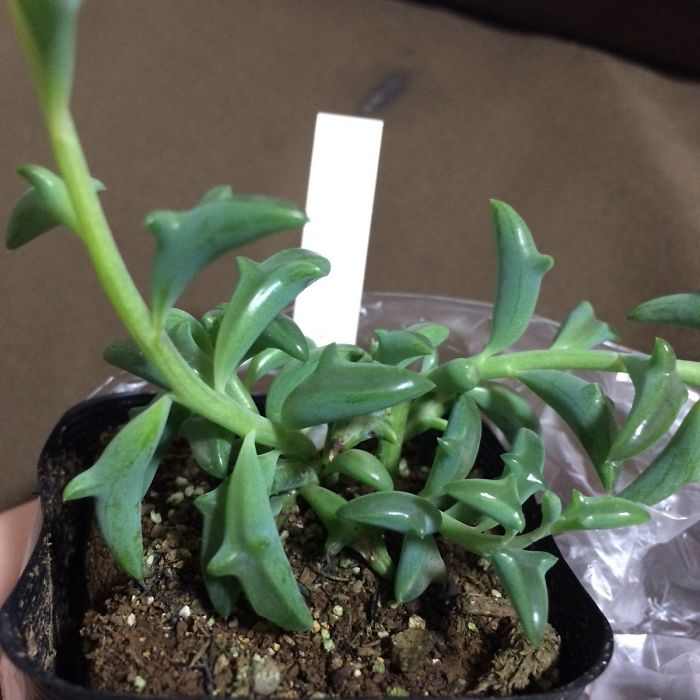Do you consider yourself both an animal lover and a plant enthusiast? Well, now you don’t have to choose between the two if you’re looking at something to do!
Focus your energy in one of these dolphin succulents, which are the latest craze in Japan.
Also known as Senecio perigrinus, these dolphin-shaped succulents are portable plants that have leaves looking like leaping dolphins.
Japanese Twitter user @kao77neko first shared photos of the dolphin-like succulents back in 2017, which went viral with more than 10,000 retweets and thousands of likes. Now, the trend of owning one is still a popular craze in Japan and has been going on in other Asian countries.
However, it is important to keep in mind that once you do purchase yourself one, it would also be your responsibility to take care of the plant and not buy one for the sake of going with what’s in.
Here are a few basic guidelines to get you started on your succulent!
1. Provide bright, but indirect sunlight
Some may think it is easy to care for dolphin plants, but they are actually one of the few plants that is very selective about some of their care. It is important for them to have enough sunlight.

Average temperatures for dolphin plants are 72 degrees Fahrenheit (22 C.) during the growing season, but if you’re nearing the winter season, 50-55 degrees Fahrenheit (10-13 C.) would suffice.
2. Watering
When watering the dolphin plant, make sure to allow its soil to dry out before watering them again (you do not want to drown them!). Just like other plants, they need to be watered once a week during its growing season, and may be watered once a month during the dormant period.
3. Diseases to look out for

You may want to look at spider mites among your dolphin succulents. They may also have some fungal problems, but don’t worry! With correct watering, well- draining soil and a container that perfectly releases the excess moisture, you’re problem will only last for a quick second.
Related stories:
– SPOTTED: Dwarf spinner dolphins sighted in Tanon strait for the first time
– Warming oceans kill dolphins, corals and other marine animals
– Make a splash! Facts about dolphins, some of the ocean’s friendliest animals






